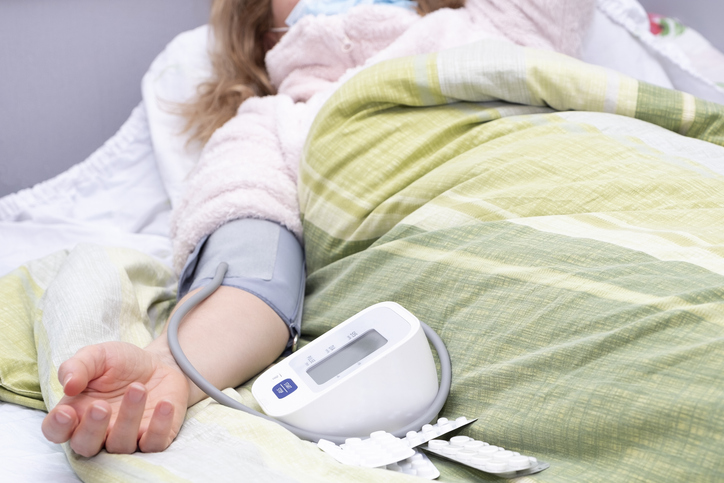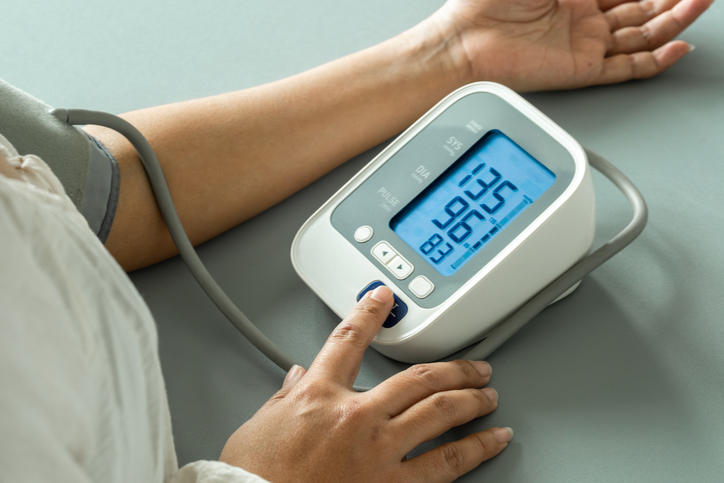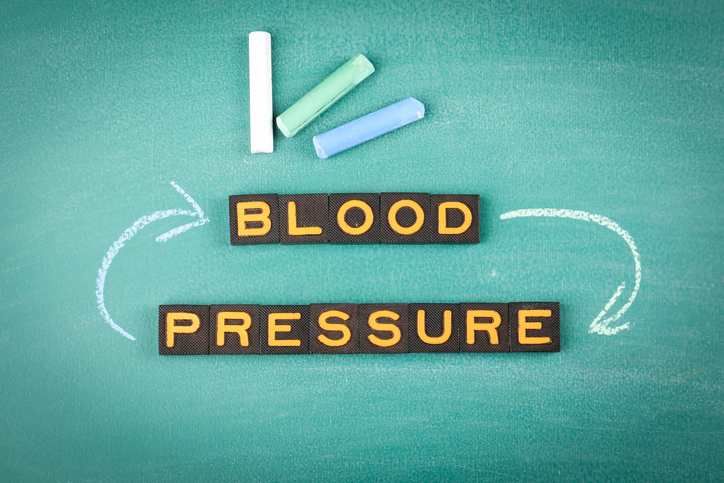
Supine blood pressure, with or without seated hypertension, is linked with a higher risk of adverse cardiovascular disease (CVD) events compared with seated hypertension alone, as reported in a study published in JAMA Cardiology.
“Nocturnal hypertension while asleep is associated with substantial increases in risk of (CVD) and death. Whether hypertension while supine is a risk factor associated with CVD independent of seated hypertension remains unknown,” the researchers noted.
In this prospective cohort study, researchers analyzed participants without known CVD using data from the Atherosclerosis Risk in Communities (ARIC) study. Supine and seated blood pressure were measured in more than 13,000 middle-aged adults with longitudinal surveillance for CVD over 27 years, the researchers noted. Exclusion criteria included individuals with a history of coronary heart disease (CHD), heart failure, or stroke. Data were analyzed from May 2023 to December 2024.
The findings showed that supine hypertension was linked with an increased incident of CHD (hazard ratio [HR], 1.60; 95% CI, 1.45-1.76), heart failure (HR, 1.83; 95% CI, 1.68-2.01), stroke (HR, 1.86; 95% CI, 1.63-2.13), fatal CHD (HR, 2.18; 95% CI, 1.84-2.59), and all-cause mortality (HR, 1.43; 95% CI, 1.35-1.52).
The investigators noted that there were no meaningful differences observed regarding seated hypertension status. Overall, the study found that individuals with supine hypertension alone had risk associations similar to those of participants with hypertension in both positions and significantly greater than those of participants with seated hypertension alone.
“Future research should evaluate supine hypertension in the setting of nocturnal hypertension and as an independent target of blood pressure treatment,” the researchers concluded.







 © 2025 Mashup Media, LLC, a Formedics Property. All Rights Reserved.
© 2025 Mashup Media, LLC, a Formedics Property. All Rights Reserved.